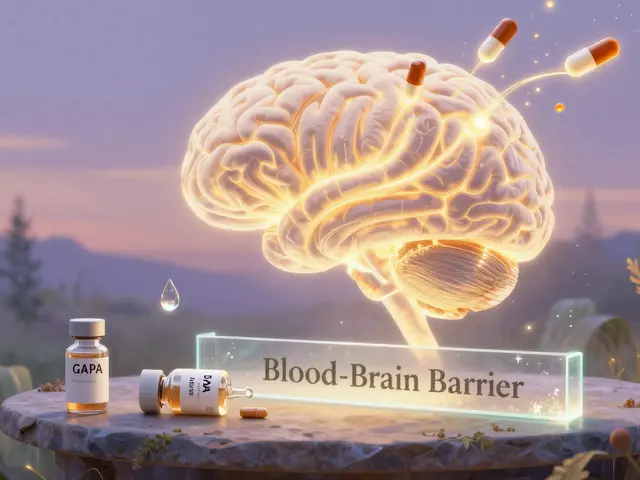Heart attack: what to spot and what to do
Every 40 seconds, someone in the U.S. has a heart attack. That fact is a sharp reminder that knowing the signs and what to do saves lives.
Recognize the common symptoms quickly. Chest pressure or squeezing that lasts more than a few minutes is the classic sign. Shortness of breath, cold sweat, nausea, lightheadedness, and pain that radiates to the jaw, shoulder or left arm are also common. Women, older adults, and people with diabetes may have less typical signs such as fatigue, indigestion, or sudden weakness. Don’t dismiss unusual discomfort.
If you suspect a heart attack, act immediately. Call emergency services—do not try to drive yourself. While waiting, sit or lie down in a comfortable position. If you are not allergic and a healthcare professional hasn’t advised otherwise, chew a regular-strength aspirin (325 mg) to help slow clotting. If someone loses consciousness and stops breathing, start CPR and ask for an AED. Early medical care drastically improves outcomes.
Know your risk factors and attack them. High blood pressure, high cholesterol, smoking, diabetes, obesity, poor diet, and physical inactivity raise your risk. Family history matters too. Simple changes cut risk: stop smoking, get regular exercise, eat more vegetables and whole grains, and keep alcohol moderate. Work with your doctor to control blood pressure, lipids, and blood sugar. If prescribed, take medications like statins, blood pressure drugs, or antiplatelet therapy as directed.
Don’t ignore tests and follow-up after a heart event. Cardiac rehab lowers the chance of a repeat attack and helps you rebuild strength. Tests such as ECG, stress testing, echocardiography, and coronary imaging guide treatment decisions. Ask your clinician about medication plans, lifestyle targets, and signs of complications to watch for at home.
Medication management matters. Common drugs after a heart attack include aspirin, P2Y12 inhibitors, beta-blockers, ACE inhibitors or ARBs, and statins. These help prevent new clots, reduce strain on the heart, and lower long-term risk. Never start or stop these drugs without talking to your doctor. If you use over-the-counter or herbal supplements, check for interactions.
Prepare in advance. Know emergency numbers, learn CPR, and have an updated list of your medications. If you have chest pain that comes and goes, get evaluated. Better safe than sorry.
If symptoms are mild
Brief chest discomfort that passes still needs attention. Note how long it lasts, what provokes it, and any breathlessness or sweating. Avoid heavy exertion and call your doctor for same-day advice or testing to rule out cardiac causes promptly.
Questions for your doctor
Ask about your risk score, how long medications must continue, side effects to watch for, and lifestyle targets. Ask what symptoms require immediate return to the emergency department and who to contact for urgent medication problems after hours phone number.
Explore our guides for clear, practical info on heart medications, drug interactions, and recovery tips. If you have specific concerns, contact a healthcare provider. Quick recognition, fast action, and consistent follow-up are the three steps that most change outcomes after a heart attack.

Amlodipine: Boosting Heart Attack Recovery with This Medication
Amlodipine is a game-changer in heart attack recovery. This medication, known for controlling blood pressure, helps ease the heart's workload and aids in a smoother recovery. This article offers a deep dive into how amlodipine supports heart health, its mechanism, potential benefits, and tips for optimal usage. Whether you've experienced a heart attack or want to learn more about heart health, we break down complex concepts into easy-to-understand terms.
Read More




